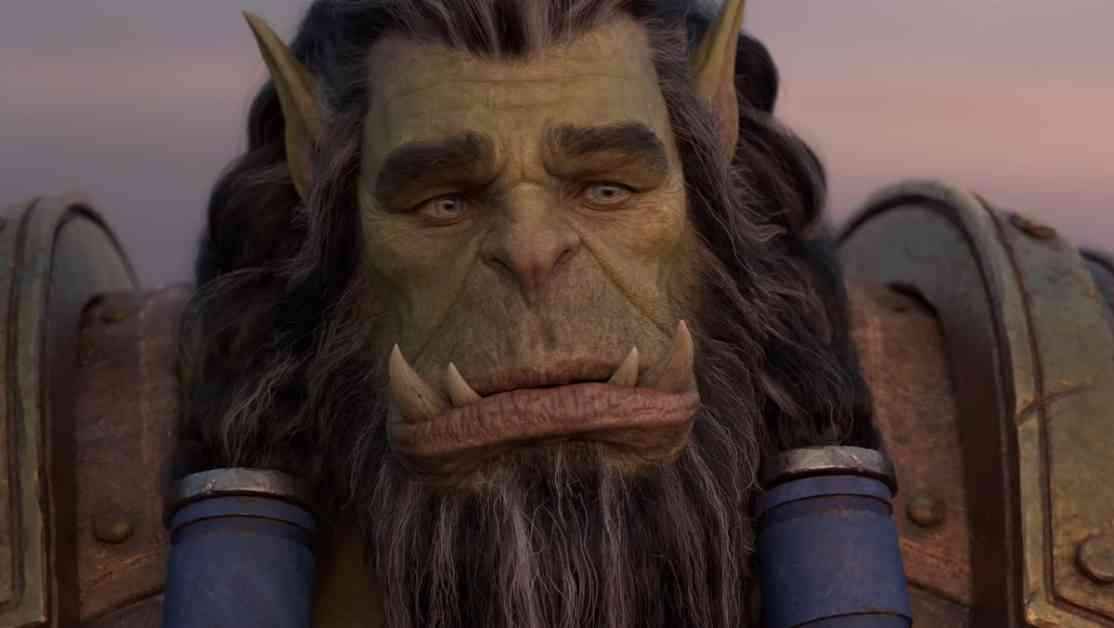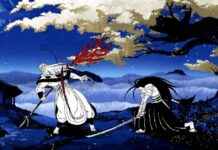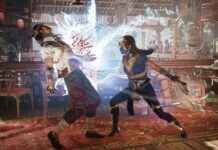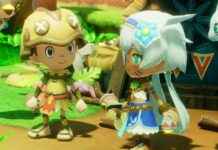In a recent Grit podcast appearance, former EA chief creative officer Bing Gordon dropped a bombshell by revealing that Electronic Arts had passed on several major acquisition opportunities that ultimately turned into blockbuster hits for their rival, Activision. Gordon disclosed that EA had the chance to own popular franchises like Call of Duty and Guitar Hero, as well as acquire gaming giant Blizzard, but ultimately let these opportunities slip through their fingers.
Instead of seizing the chance to purchase Blizzard outright, Activision later swooped in to acquire the company through a merger with Vivendi’s gaming division in 2008. According to former Activision CEO Bobby Kotick, Blizzard, particularly World of Warcraft, was the only profitable segment of Vivendi’s gaming business at the time. Gordon recalled a moment when Vivendi offered Blizzard for $800 million, but former EA CEO Larry Probst declined to engage in discussions.
Reflecting on the divergent paths taken by EA and Activision, Gordon noted, “Call of Duty, Guitar Hero, Blizzard, EA saw all those first and passed on all of them.” He commended Kotick for recognizing the value in these properties and retaining the creative talent behind them, a move that paid off handsomely for Activision.
Kotick also revealed that EA had attempted to buy or merge with Activision on multiple occasions, shedding light on the competitive landscape between the two gaming behemoths. The intricate dance of acquisitions and mergers in the industry underscores the high-stakes game of talent retention and strategic decision-making that shapes the trajectory of gaming companies.
The rivalry between EA and Activision extends beyond missed opportunities and failed acquisitions, touching on the thorny issue of talent retention. Both companies have grappled with retaining key creative minds, with notable departures and studio closures marking their respective histories. The founding members of Infinity Ward, developers behind the Call of Duty franchise, parted ways with EA to form Respawn, a move that reverberated through the industry.
While Activision has weathered its fair share of controversies, including the recent sexual harassment scandal at Activision Blizzard, the company’s financial success and enduring franchises have solidified its position as a powerhouse in the gaming industry. In contrast, EA’s struggles with studio closures and underperforming franchises have painted a less rosy picture of the company’s standing in the market.
As the gaming industry continues to evolve and adapt to changing trends and consumer demands, the rivalry between EA and Activision serves as a compelling narrative of missed opportunities, strategic gambits, and the enduring quest for creative and financial success. The legacy of decisions made by these industry giants reverberates through the gaming landscape, shaping the future of interactive entertainment for years to come.
Ted, a seasoned gamer and industry observer, has been immersed in the world of PC games since his early days exploring the realms of Neverwinter Nights on his family computer. His passion for CRPGs and gaming culture has fueled his writing and commentary on the industry, from esports to modding to rare game collecting. When he’s not immersed in games, you can find Ted pumping iron on his back porch, a dedicated enthusiast of both virtual and physical challenges.





















